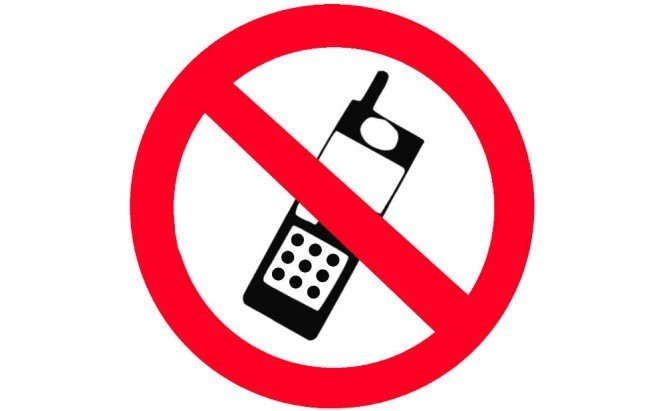Have you ever fallen in love? I have. My choice is a long-distance truck driver and he's always away. It's no wonder that I constantly miss him. To overcome fits of melancholy, I can't but try to be in touch with my sweetheart by phone. The problem is that people like me, who tend to distract drivers, are a potential cause of traffic accidents (knock on wood!). It's illegal in some states to speak on the phone while driving. Sure, the perfect solution is not to disturb hauliers at all but let's not run to extremes, shall we? The golden mean can be found, so I'm happy to present to you the top list of widespread hands-free devices based on wireless technologies. All these devices imply that the driver will be able to manage calls in a more or less safe way while driving.
Headsets
The most popular way of wireless communication is to use Bluetooth headsets. The huge advantage of this particular device can be pinpointed easily: with hands being on the steering wheel, you'll enjoy the high level of safety and privacy for your calls (your passengers will hardly hear your interlocutor!). But if necessary, there's an option to share your conversation with other people. As for disadvantages, keep in mind that these headsets are uncomfortable to wear for long stretches of time. One more shortcoming is the working range of headsets. The closer you're to your phone, the better the headset functions. Would you find it convenient to bend over when talking? Barely. And you'll have to accept the short life as those headsets are quick to go because of their alkaline batteries. In some cases, however, you can replace those with nickel-cadmium rechargeable batteries to prolong the lifespan of your headsets.
 Headsets are the most popular Bluetooth gadgets
Headsets are the most popular Bluetooth gadgets
Speakerphones
Another Bluetooth solution is speakerphones. The idea behind them is much the same as with headsets, but there's no need to wear those. Personally I like the fact that speakerphones can be simultaneously connected to several mobile phones and sound different ringtones for each one of them (by the way, they can also display caller ID). But speakerphones have one big disadvantage: no privacy for your conversations. If there are passengers in your car, they will hear everything.
 Speakerphones provide a low level of privacy
Speakerphones provide a low level of privacy
Car kits
Another hands-free device is those car kits incorporated in your vehicle. These devices are ripe with advantages: they're automatically charged, they have smart looks, they mute the music when there's a call. Some upper-grade models can even speak out the caller ID. Sounds perfect, right? Don't get carried away: these devices have their disadvantages as well. For instance, don't forget about the stiff prices of car kits, especially in comparison with other devices. It may be more difficult to put up with inflated prices than with not having one of those fancy features.
 Car kits are full of pros but the price is inflated
Car kits are full of pros but the price is inflated
Having gone through these short descriptions of most popular hands-free devices, we come upon the following question: do we really need these Bluetooth gadgets? Let's break them into pros and cons.
Pros and cons of Bluetooth devices
Common pros
- No cables and no installation.
- Low energy consumption and ease of charging.
- Portability and mobility (not applicable to car kits).
Common cons
- Weaker sound in comparison to wired devices.
- Noise interference.
- Low compatibility with other devices.
Fifty-fifty, you see.
The conclusion we're able to draw is that wired devices appear to be more reliable but a bit out of date. Who wants to deal with cables in a car? No one does; and it's obvious that Bluetooth gadgets have a great future ahead of them. Whichever technology wins, just remember not to hold your phone next to your ear while driving.



